
On July 5, 1975, the Cape Verde flag was raised for the first time at Varzea Stadium in the capital Praia, officially declaring the island nation's independence after six centuries of Portuguese rule.
Exactly 100 days after the 50th anniversary of independence, the blue flag with its red and white stripes and 10 stars flew again over this very stadium, where thousands gathered to celebrate the historic achievement: Cape Verde qualified for the World Cup for the first time. After a 3-0 win over Eswatini at the National Stadium 8 km away, with a population of less than 600,000, they became the second smallest country to participate in the biggest football festival on the planet, after Iceland in 2018.
The capital, Praia, is famous for its slow pace of life. On Monday, Cape Verdean flags covered balconies, bars, restaurant windows and cars, but the atmosphere remained relatively quiet. Until the match against Eswatini ended, when all the emotions exploded.
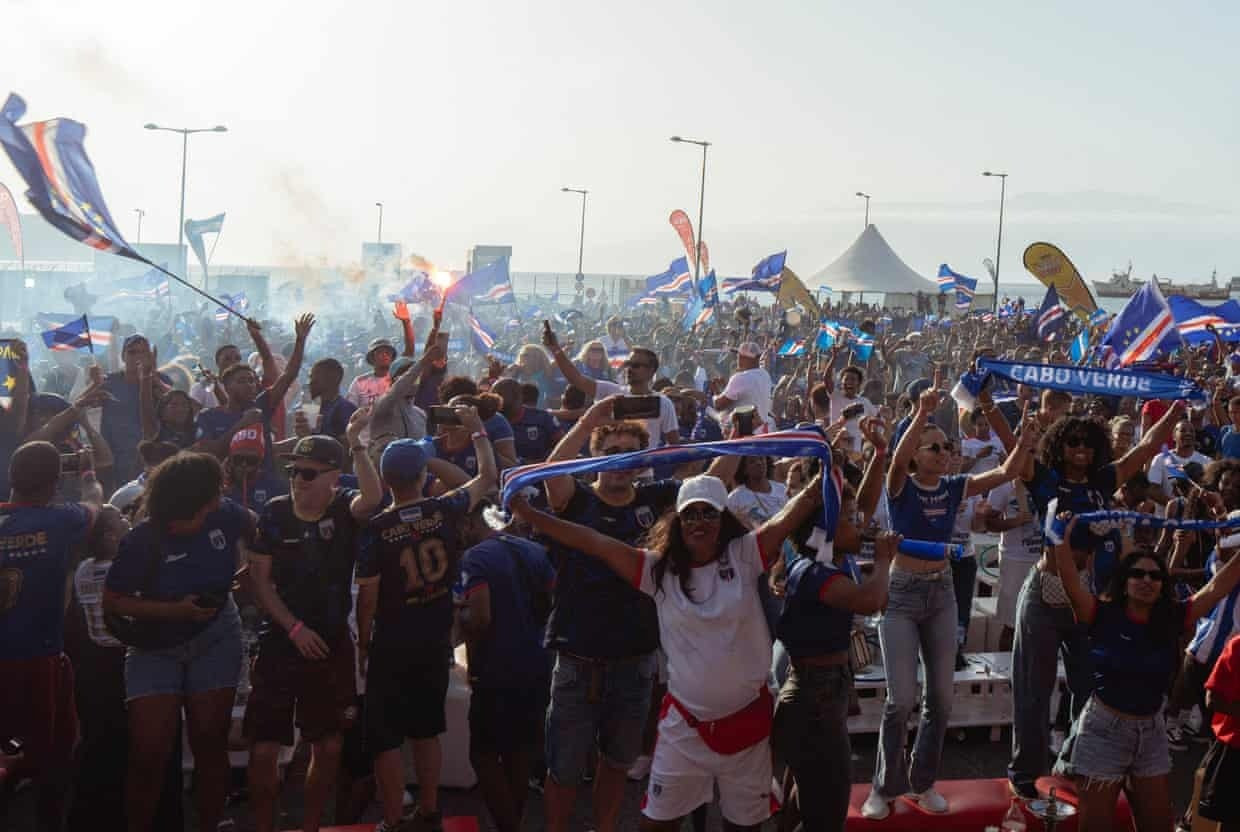
Showered and dressed, the Cape Verde players left the National Stadium for the Varzea Stadium, joining a crowd of fans who had filled every seat. The government had given workers the Monday afternoon off to fully enjoy the victory. A stage set up in advance quickly came to life as many of the players sang and danced with top Cape Verdean musicians until late into the night. Fireworks also lit up the Cape Verdean sky.
President Jose Maria Neves likened the World Cup qualification to "Cape Verde's new independence", while Director of State Ceremonies Jose Maria Silva said, "Independence Day and the first elections are two symbolic days that unite the whole country. The day we got our World Cup ticket can be considered our third decisive moment."
The success of the Cape Verde national team, nicknamed the Blue Sharks, did not come by accident. With no long history and only limited success in the 47 years since the national team first played, the Cape Verdeans have looked to other countries to improve their team, by finding and naturalizing players of Cape Verdean descent from around the world .
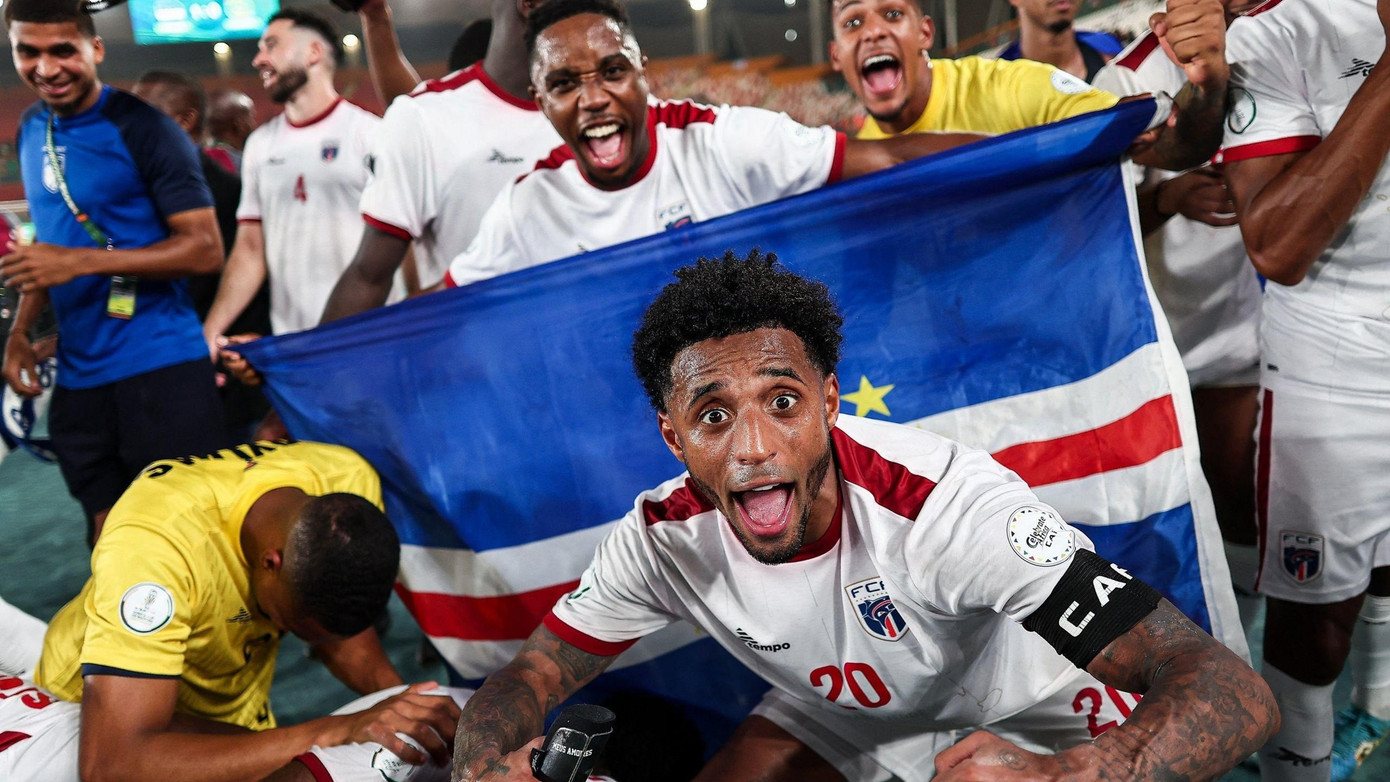
The process was sparked around 2002, shortly after the failure of their first World Cup qualification campaign. The initiator was Lito, a striker who emigrated to Portugal as a child and made over 200 appearances in the Portuguese top flight.
"He is one of the first naturalized players to play for Cape Verde," said Inacio Carvalho, vice president of the Cape Verde Football Federation (FCF). "We believe Lito will pave the way for other players of Cape Verde origin to return to the national team."
Cape Verde is an island nation with limited resources and has suffered from severe droughts. This has led to a mass migration, with many leaving the country in search of work and better living conditions. Today, the main Cape Verdean diaspora communities are in France and the Netherlands. Unsurprisingly, six players currently playing for the Blue Sharks were born in the Netherlands, including Dailon Livramento, the team’s top scorer in the 2026 World Cup qualifiers (4 goals).

Currently, naturalized players have become key factors in the success of Cape Verde. In this call-up, 14/25 players are dual citizens. It is worth mentioning that Cape Verdeans always welcome compatriots living abroad. The island nation with 10 large and small islands located in the center of the Pacific Ocean considers the migrant community as the "11th island".
But creating a team identity is also important. Coach Pedro Leitao Brito has always promoted native players like Vozinha and Stopira, who started their careers in the island’s amateur leagues on low salaries. Now they serve as guides and facilitators of the integration of their naturalized teammates. They also teach Creole, the national language, so that it becomes the team’s sole language of communication.
Along with that, Cape Verde is also making efforts to upgrade its infrastructure and move towards professionalizing the island nation's football. In the near future, the $10.5 million it will receive from FIFA thanks to its ticket to the 2026 World Cup promises to be very helpful, especially in scouting to attract more talents with Cape Verdean blood. The ambition of this small country does not stop at going to the World Cup once.

The victory revealed many problems of the Vietnamese team.

Revealed the first European team to qualify for the 2026 World Cup

Determining the final two Asian representatives for the 2026 World Cup

Vietnam team rises 4 places on FIFA rankings, firmly holds 2nd position in Southeast Asia
Source: https://tienphong.vn/le-hoi-o-cape-verde-va-cach-de-quoc-dao-nho-be-toi-world-cup-post1787327.tpo





![[Photo] Nhan Dan Newspaper launches “Fatherland in the Heart: The Concert Film”](https://vphoto.vietnam.vn/thumb/1200x675/vietnam/resource/IMAGE/2025/10/16/1760622132545_thiet-ke-chua-co-ten-36-png.webp)


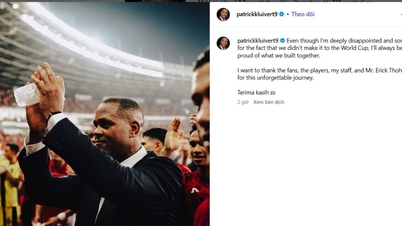

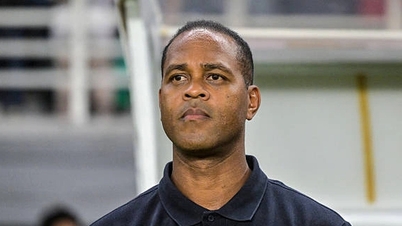

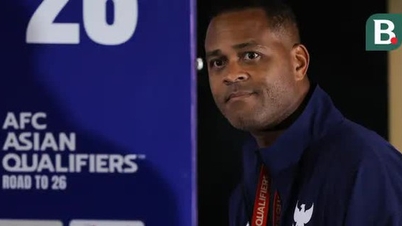



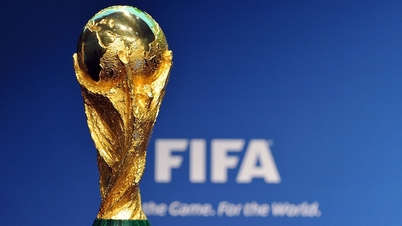




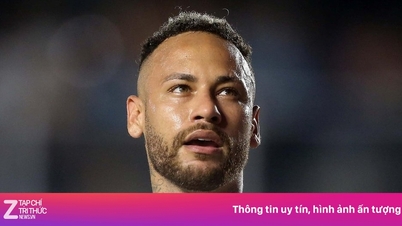

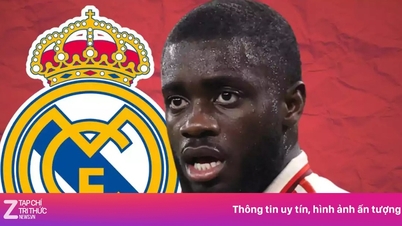
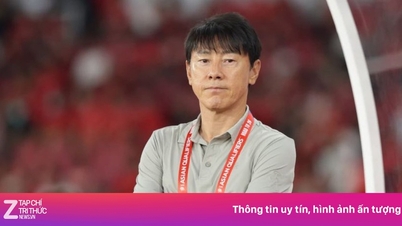








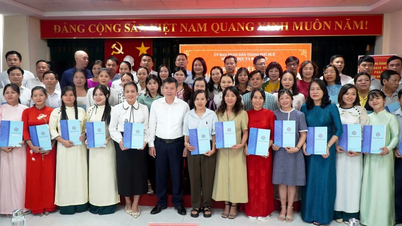
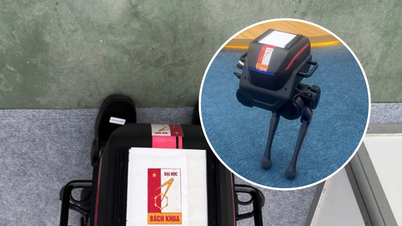
![[Photo] General Secretary To Lam attends the 18th Hanoi Party Congress, term 2025-2030](https://vphoto.vietnam.vn/thumb/1200x675/vietnam/resource/IMAGE/2025/10/16/1760581023342_cover-0367-jpg.webp)



































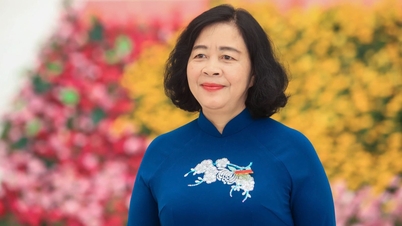




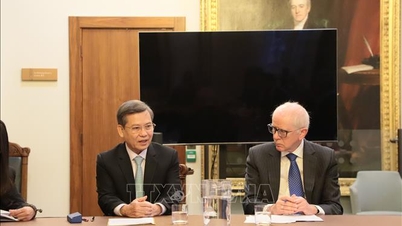
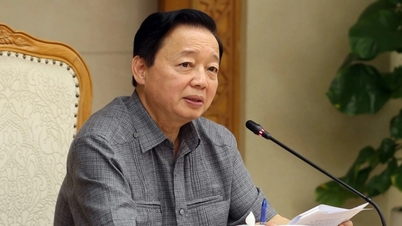


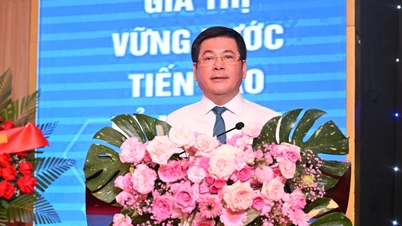

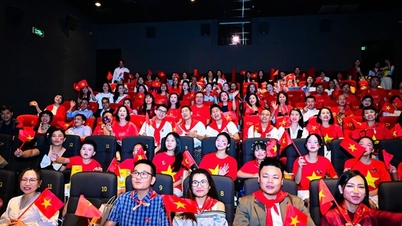

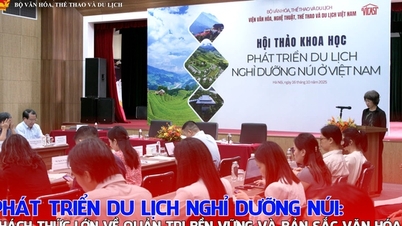

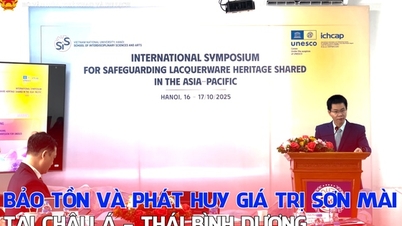


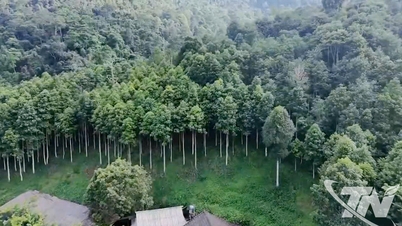

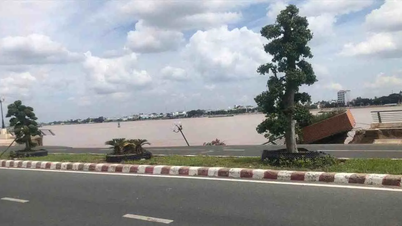


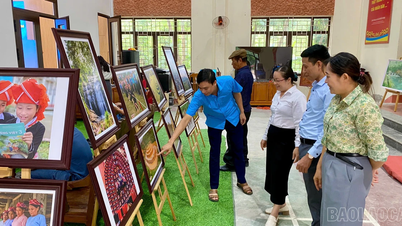

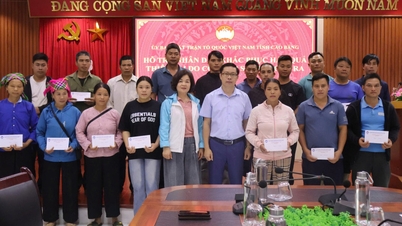
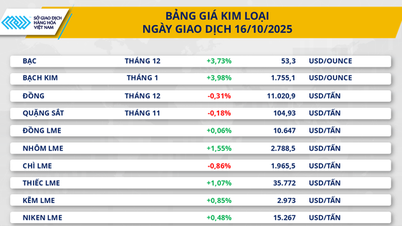















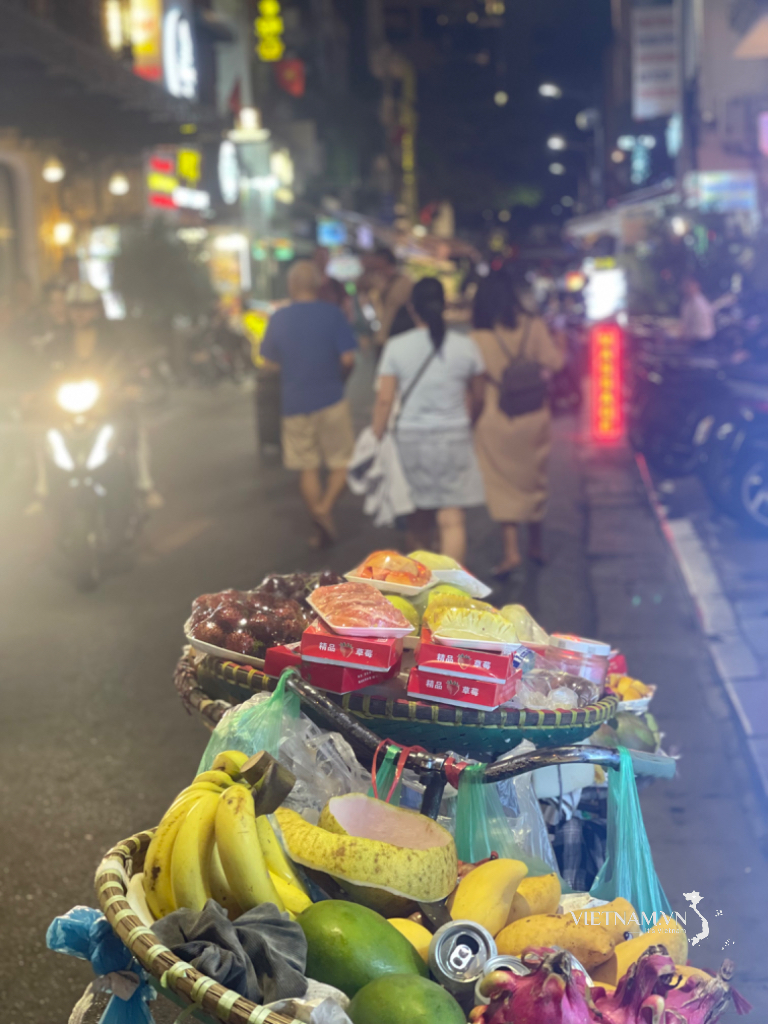

Comment (0)